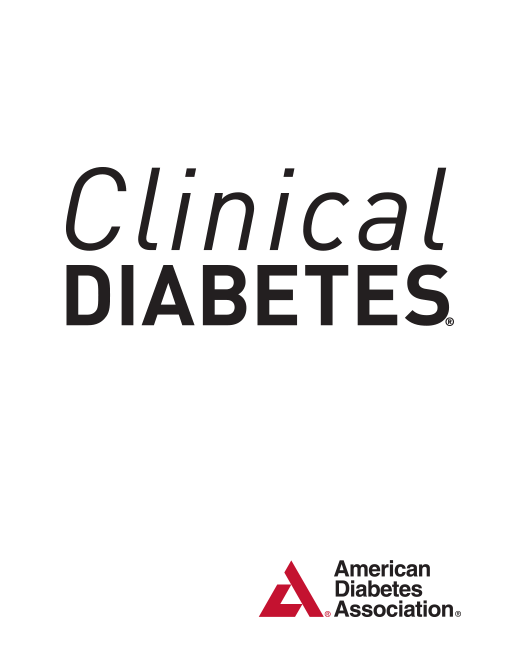STUDY
Gandhi GY, Nuttall GA, Abel MD, Mullany CJ, Schaff HV, O'Brien PC, Johnson MG, Williams AR, Cutshall SM, Mundy LM, Rizza RA, McMahon MM: Intensive intraoperative insulin therapy versus conventional glucose management during cardiac surgery: a randomized trial.
SUMMARY
Design. Randomized, controlled trial at a single academic teaching hospital.
Subjects. Four hundred patients undergoing on-pump cardiac surgery. Mean age was 63 years, 69% were men, 96% were white, and 20% had a history of diabetes.
Methods. Patients were assigned randomly to receive either conventional intraoperative glucose control (treatment for blood glucose >200 mg/dl) or intensive control (insulin infusion to maintain blood glucose between 80 and 100 mg/dl). After surgery, both groups were treated with intensive glucose control. The main outcome was the combined incidence of death, sternal infection, prolonged mechanical ventilation, arrhythmia,stroke, or renal failure within 30 days.
Results. Intensive therapy lowered mean blood glucose: 114 mg/dl in the intensive group versus 157 mg/dl in the conventional group at the end of surgery. However, no difference was observed in the incidence of the main composite outcome; 44% of patients in the intensive group had an event versus 46% in the conventional group (risk ratio 1.0; 95% confidence interval 0.8,1.2). Deaths (4 vs. 0) and strokes (8 vs. 1) were more common in the intensive treatment group. Outcomes appeared similar for patients with and without previously diagnosed diabetes.
Conclusions. Intensive intraoperative insulin therapy did not confer additional benefit compared with conventional intraoperative management in patients undergoing cardiac surgery.
COMMENTARY
Gandhi et al. found no additional benefit of intensive intraoperative glucose control through insulin infusion compared with conventional intraoperative management in patients receiving intensive postoperative glucose control. The risk ratio for the combined outcome of interest (death,sternal infection, prolonged mechanical ventilation, arrhythmia, stroke, or renal failure within 30 days) was 1.0, with a confidence interval between 0.8 and 1.2. Although the trial was not large enough to exclude a small possibility of a beneficial effect, the findings of this trial suggest that a large benefit is unlikely. In addition, two of the most important constituents of the main outcome, deaths and strokes, were increased in the intensive therapy group. This finding could have occurred by chance, but it makes the possibility even smaller that the net benefits of intensive intraoperative therapy exceed the downsides. It is important to recognize that the negative results of this study should not suggest that postoperative intensive glucose management in the intensive care unit is ineffective, because both groups received such intervention.
Michael Pignone, MD, MPH, is an associate professor of medicine at the University of North Carolina Department of Medicine in Chapel Hill. He is also an associate editor of Clinical Diabetes.



